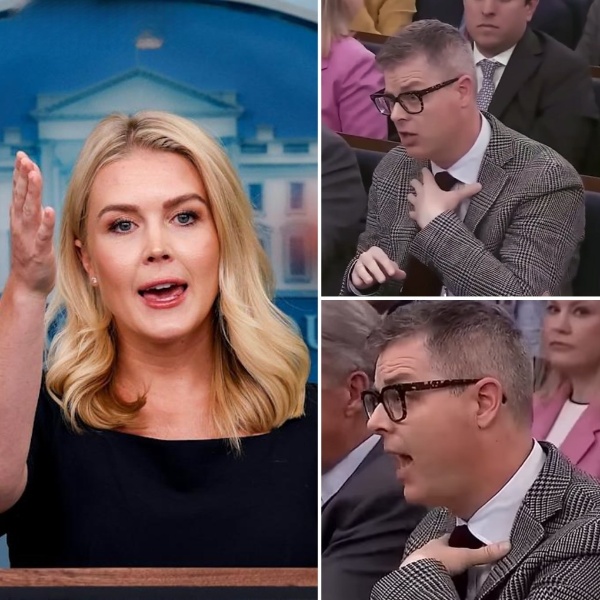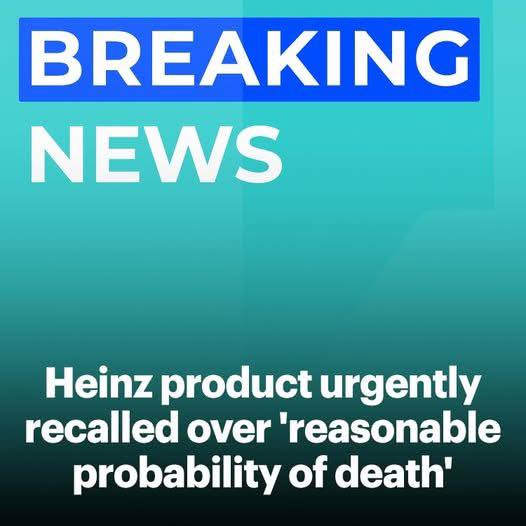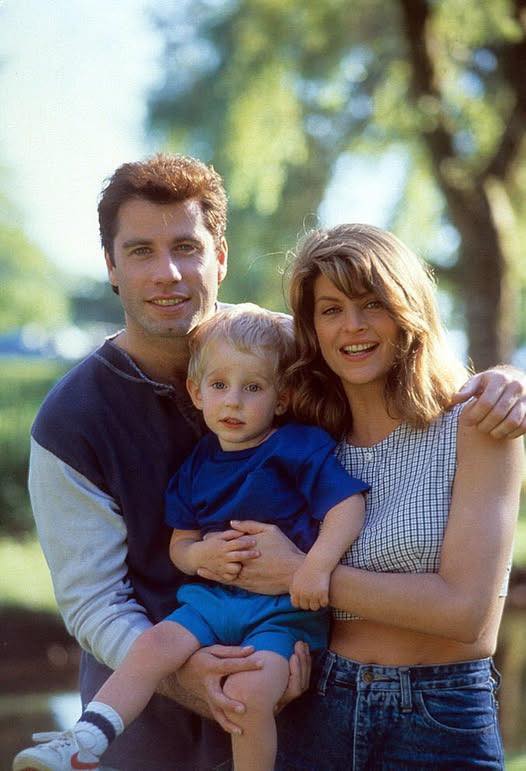
White House Press Secretary Karoline Leavitt found herself in the cross-hairs during a heated briefing after an Associated Press reporter suggested that President Trump’s proposed tariff program amounted to a hidden tax hike. From the first question, it was clear the exchange would be anything but routine.
The journalist asked why the president—who campaigned on broad tax cuts—was now “raising taxes” through tariffs. Leavitt pushed back hard, insisting that the administration’s policy was “absolutely not a tax increase on Americans,” but rather a strategic tax on foreign governments that have “been defrauding us for decades.”
Leavitt framed tariffs as a corrective measure designed to rebalance trade, shield domestic industries, and, over time, lower the tax burden on U.S. workers. “Tariffs aren’t about squeezing American families,” she said. “They are about stopping countries that dump cheap goods, manipulate currency, and hollow out our manufacturing base. If they want to keep exploiting loopholes, they will pay— not Main Street.” She argued that any short-term price pressure on importers would be offset by long-term gains: stronger supply chains at home, upward pressure on wages, and an American economy less exposed to foreign shocks.
Pressed on whether businesses simply pass those costs to shoppers, the press secretary acknowledged that importers could face higher upfront expenses. Nevertheless, she maintained that “fair, reciprocal trade” would ultimately leave more money in U.S. pockets. The administration’s broader tax agenda, she reminded reporters, still included cutting taxes on overtime, tips, and Social Security benefits—evidence, she said, that the president remained committed to lightening the overall tax load on working families. “When the playing field is level,” she added, “wages rise, jobs stay here, and growth accelerates.”
As the back-and-forth intensified, Leavitt’s patience thinned. She bristled at what she called an attempt to “quiz” her understanding of economics, labeling the premise of the AP’s question “insulting” given the administration’s clear track record on tax relief. Her forceful tone underscored a signature hallmark of the Trump team: confronting media narratives head-on and reframing them on its own terms. In her view, the real story was not a pivot away from tax cuts, but a coherent strategy—tariffs included—to secure economic sovereignty after years of lopsided trade deals.
Leavitt’s defense dovetails with President Trump’s broader “America First” doctrine. From renegotiating NAFTA to imposing sector-specific duties on steel, aluminum, and solar panels, the administration has argued that tariffs are a necessary bargaining chip. Economists skeptical of protectionism point to higher consumer prices as proof that such measures backfire. Yet Leavitt’s remarks illuminate the White House’s calculus: endure limited pain now to achieve an industrial renaissance later. By making it costlier for foreign producers to flood U.S. markets, the administration believes it can attract investment back to American soil and boost middle-class paychecks.
Whether the tariff strategy delivers the promised results remains an open question, but the briefing revealed unwavering confidence within the West Wing. Leavitt’s vigorous rebuttal signaled that the administration sees tariffs not as a deviation from tax-cutting principles but as a complementary tool in a larger economic overhaul. As debates over trade policy persist—and as the political stakes of protecting domestic jobs intensify—Leavitt’s performance foreshadows an administration prepared to defend its vision with equal parts policy detail and rhetorical firepower.



